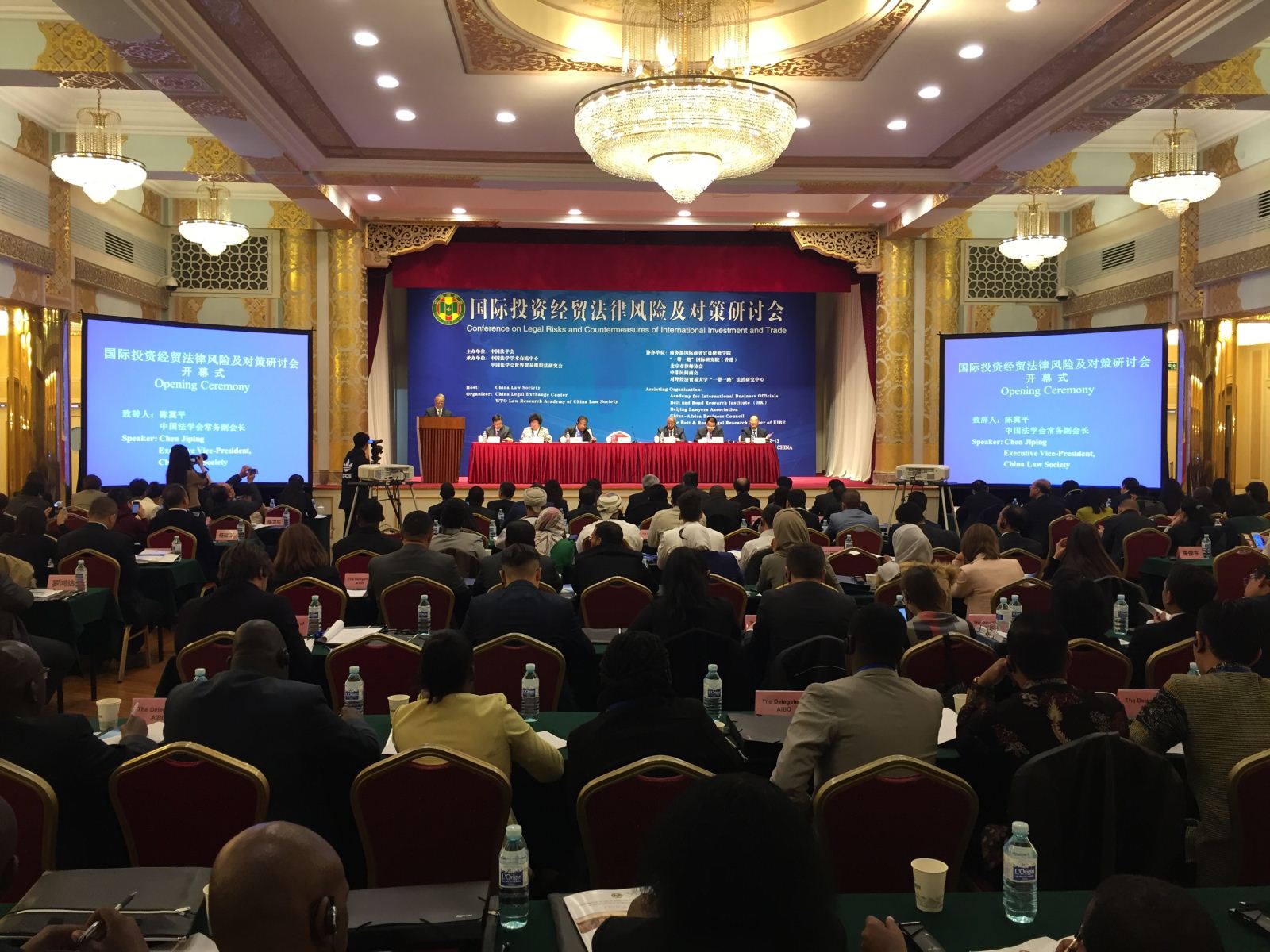More legal talent needed to navigate Belt, Road challenges
China must boost its cultivation of legal talent as the country forges ahead with the Belt and Road Initiative, according to experts at a seminar in Beijing.
A seminar on how to prevent legal risks in international investments begins on Oct. 12, in Beijing. [Photo/chinalaw.org.cn] |
"Professionals with good legal and economic knowledge and language skills are in huge demand," said Zhang Yuejiao, a former judge with the World Trade Organization's Appellate Body.
"This is an urgent issue that needs to be addressed as China makes investments in, and cooperates with, African nations under the initiative," she added.
Zhang was speaking at a two-day seminar on how to prevent legal risks in international investments.
Proposed by President Xi Jinping in 2013, the initiative focuses on cooperation among neighboring countries in Eurasia and could ultimately reach as far as Europe and Africa.
China has realized the importance of talent cultivation, Zhang said, but she called for efforts to be further increased.
"I'm glad to see we're producing more people who can speak foreign languages and have technical skills in law and international relations, but they need more opportunities to put their knowledge into practice," she said.
"The key to promoting the initiative is not the quantity of talent, but quality."
Chen Jiping, vice-president of the China Law Society, which organized the seminar, said the event aimed to provide a platform for legal professionals from China and Africa to communicate and understand each other's needs.
"Such communication can help us know more about the legal systems in African nations and how to prevent legal risks ahead of investments," he said.
The seminar began on Oct. 12 and attracted more than 180 delegates from 28 countries, according to Chen.
